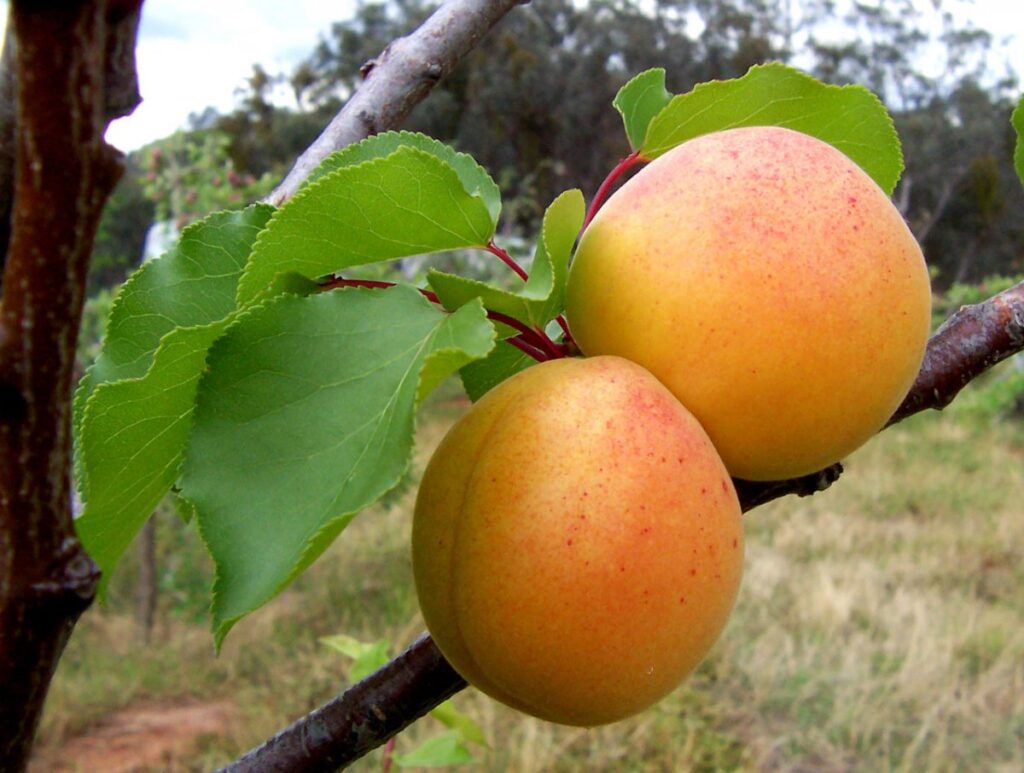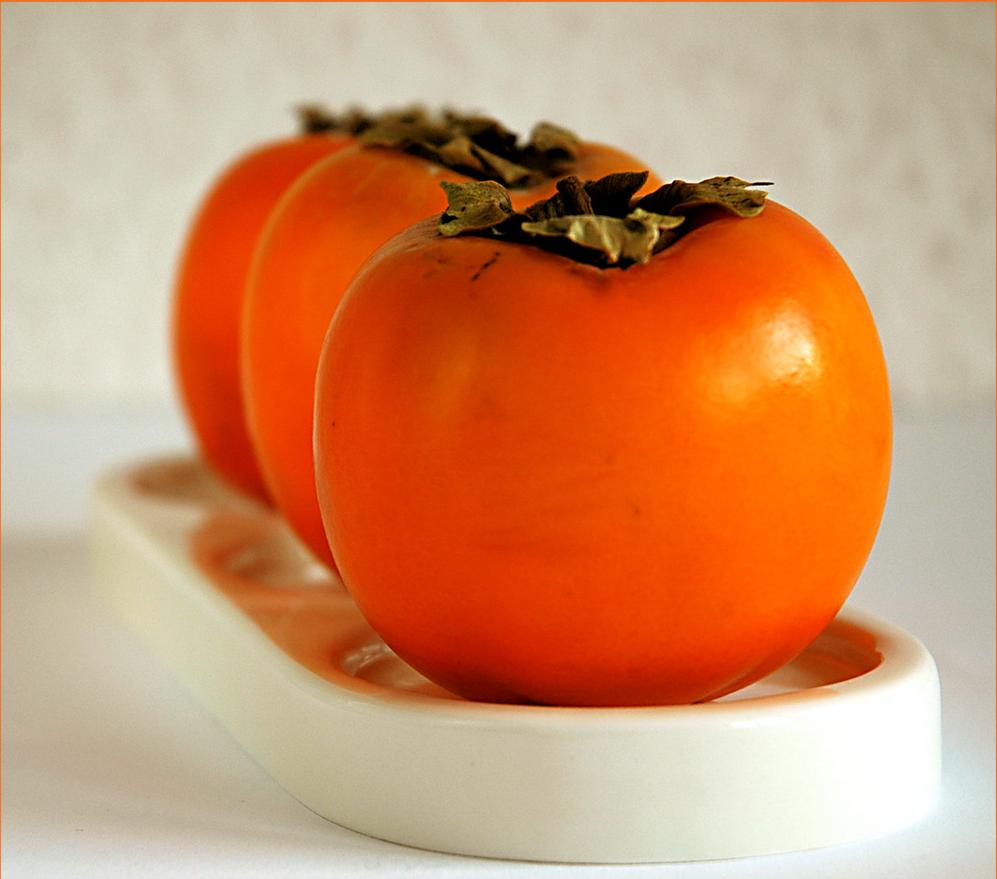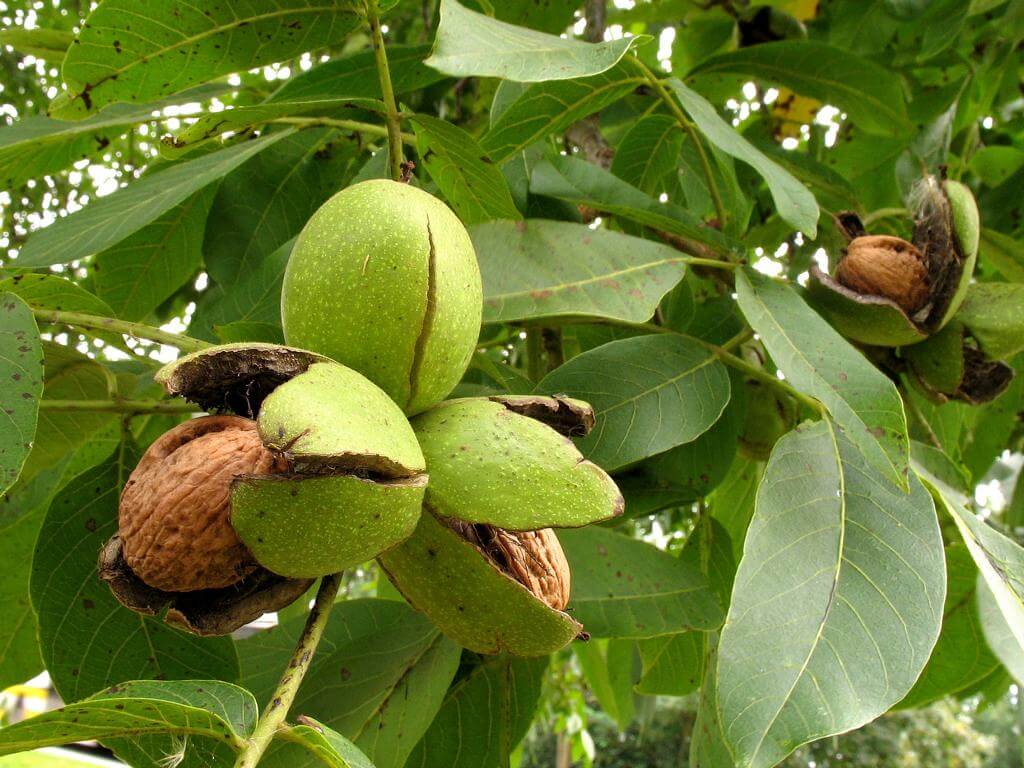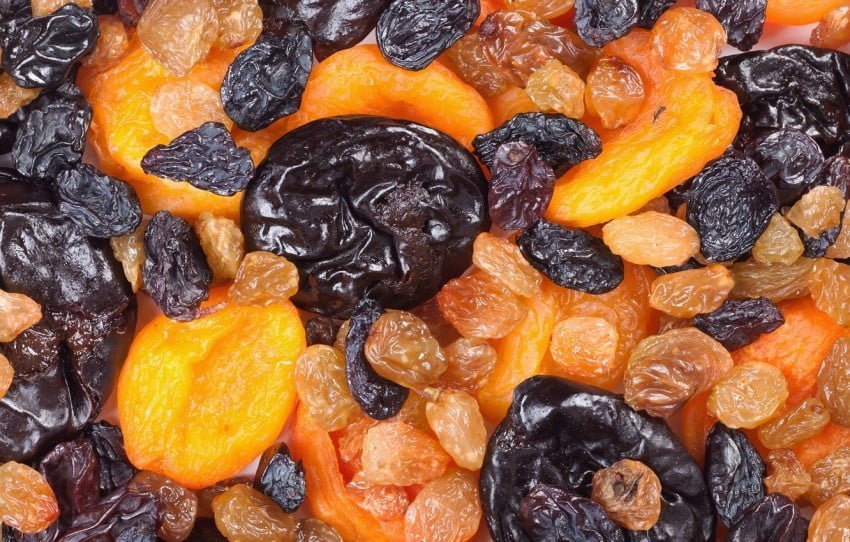EastFruit analysts have repeatedly informed the world community about the huge prospects of the fruit and vegetable business in Uzbekistan. This week, Andrii Yarmak, the head of the FAO / EBRD regional fruit and vegetable business development project and FAO economist, made another contribution to the promotion of the fruit and vegetable industry of this country, attracting the attention of investors to this country during the Fruitbox podcast (visit this link to listen to the original podcast in English). What is more, Uzbekistan has already begun to be compared with Chile.
EastFruit analysts decided to confirm these statements and make comparisons with some facts.
Uzbekistan occupies the highest positions in the export of raisins (dried grapes) and dried apricots. In terms of both commodity positions, Uzbekistan ranks second globally in terms of export volume, second only to Turkey. However, if we look at the value rating of exports, that is, the proceeds from the export of these products, then the situation is much worse. As for raisins, for example, Uzbekistan is immediately rolling back to sixth place in the world.

Therefore, to take a stable third place or even come out on top, Uzbekistan should seriously work on ensuring the quality, safety, and image of its products on the world market. Besides, now Uzbek raisins and Uzbek dried apricots are sold for export at very low prices. Adding value to these products would make their production even more profitable and attractive.
Besides dried fruits, Uzbekistan has a very good position in the export of stone fruits. However, as in the case of dried fruits, high ranking positions are provided only in terms of volume, and not in terms of export value. In particular, Uzbekistan is periodically included in the top three world leaders in the export of fresh apricots.

Uzbekistan is also the fifth largest export of fresh cherries in the world. At the same time, we have already written that real export volumes may turn out to be even higher.
Uzbekistan occupies the fifth position in terms of the export of persimmons. By the way, persimmon is a fast-growing market, and its popularity in many countries of the world has been steadily growing in recent years. However, to increase the volume of exports and increase its value, Uzbek gardeners should pay attention to new expensive varieties of persimmon and methods of its refinement, packaging, and marketing.

Peach, nectarine, and plum are also important fruit export items in Uzbekistan. Exporting these products, the country ranks eighth in the world. The progress of Uzbekistan in plum export in recent years has been especially noticeable.
Uzbekistan is also one of the ten largest world exporters of walnut kernels and fresh grapes. However, even in this segment, Uzbek products are distinguished by the highest price. Therefore, there is a need to improve quality, varietal composition, and product refinement to receive higher prices for products and expand exports’ geography.

As for vegetables, the situation is worse, since Uzbekistan is far from the main sales markets, and vegetables are a relatively inexpensive but perishable product. Therefore, Uzbekistan ranks only 15th in the world for the export of fresh tomatoes. Further development of exports should be aimed at growing the most expensive items of vegetables to reduce the factor of high logistics costs.
Improving the quality and safety of products, development of a more modern set of varieties, and improvement of approaches to storage, cooling, processing, and packaging would allow Uzbekistan to solve one of the main problems, that is a high level of dependence on the supply of products to only one country – the Russian Federation. Indeed, in the event of a ban on the supply of products to Russia, there are very few alternatives to this sales market, especially considering the volumes. This means that millions of people are at risk of losing their jobs. Therefore, diversification of exports of fruits and vegetables should be one of the main tasks for Uzbekistan today.
The use of the site materials is free if there is a direct and open for search engines hyperlink to a specific publication of the East-Fruit.com website.




